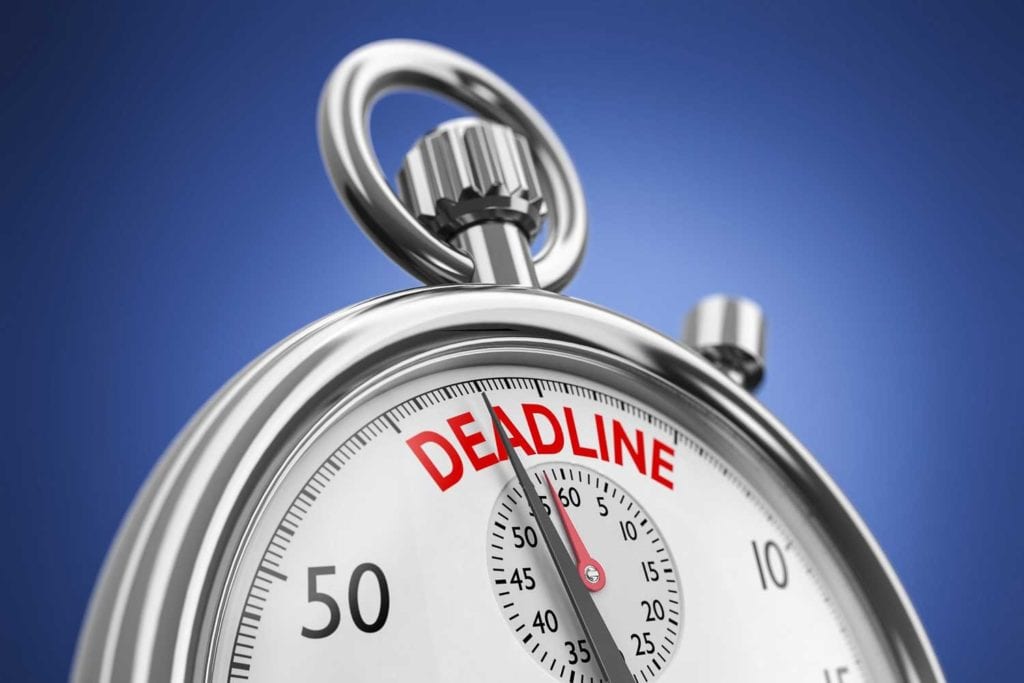Preparing for a Radically Different Landscape
- News This Week Regulation
- September 9, 2020
- 0
- 0
- 4 minutes read


The U.S. market for nicotine products is set to change dramatically after the Sept. 9 deadline to submit premarket tobacco product applications (PMTAs) to the Food and Drug Administration (FDA).
If a company does not submit a PMTA by the deadline, it must remove its products from the market. If the product was “verifiably” on the market prior to Aug. 8, 2016 (the FDA’s cutoff for new products) and submitted a PMTA application before Sept. 9, the product can stay on the market for up to a year or until the FDA approves or denies the PMTA. For any PMTA submitted after today’s deadline, a product may not be marketed until the FDA grants a marketing order, according to the FDA.
Because the cost of complying with the regulations is staggeringly high, experts expect that many manufacturers will fail to clear the hurdle, and the e-cigarette market will be left largely to the tobacco giants.
Although the FDA estimates a single PMTA costs anywhere from $117,000 to $466,000, those figures are considered low by the industry. The Rocky Mountain Smoke-Free Association estimates a single PMTA costs between $8.6 million and $11.1 million per stock keeping units. It forecasts 14,000 small vape businesses employing 166,000 workers will be destroyed, representing $24 billion in economic activity.
Deep-pocketed Philip Morris International, by contrast, already has four separate PMTAs approved: one for its IQOS heated-tobacco device and three for flavors of its disposable HeatSticks.
Vapor advocates have cautioned that millions of vapers who had used e-cigarettes to quit smoking will revert to combustible cigarettes, which are generally believed to be riskier than vapor products.
The vapor industry is not dead, however, as several manufacturers have announced that their PMTA submissions have been accepted and filed by the FDA. Independent vapor business that have submitted PMTAs include Avail Vapor, Charlie’s Chalk Dust, Bidi Stick, E-Alternative Solutions, Innoken, Jarvis Vaping Supply, KangerTech, Nicopure Labs, Prism, Smok, Smoore/Vaporesso and Voom.
As of Aug. 31, the FDA had received applications for around 2,000 deemed products, of which around 40 percent have been resolved, according to Mitch Zeller, director of the agency’s Center for Tobacco Products.
Receiving a marketing authorization to sell vapor products isn’t the end of the process for manufacturers, as described by Broughton Nicotine Services’ Yvonne Wilding in Tobacco Reporter’s September issue. The FDA requires companies to conduct post-market surveillance and studies to determine the impact of the marketing orders on consumer perception, behavior and health, and to enable the FDA to review the accuracy of the determinations upon which the orders were based.
These post-market requirements include a rigorous toxicity study using computer models to help predict potential adverse effects in users. The orders also require the company to monitor youth awareness and use of the products to help ensure that the marketing of the product does not have unintended consequences for youth use.
